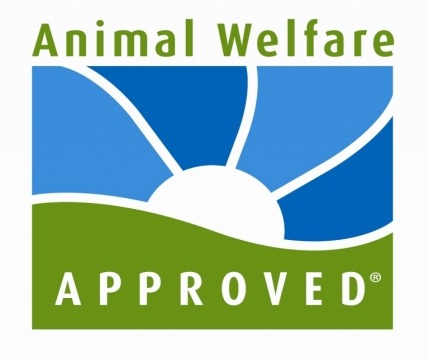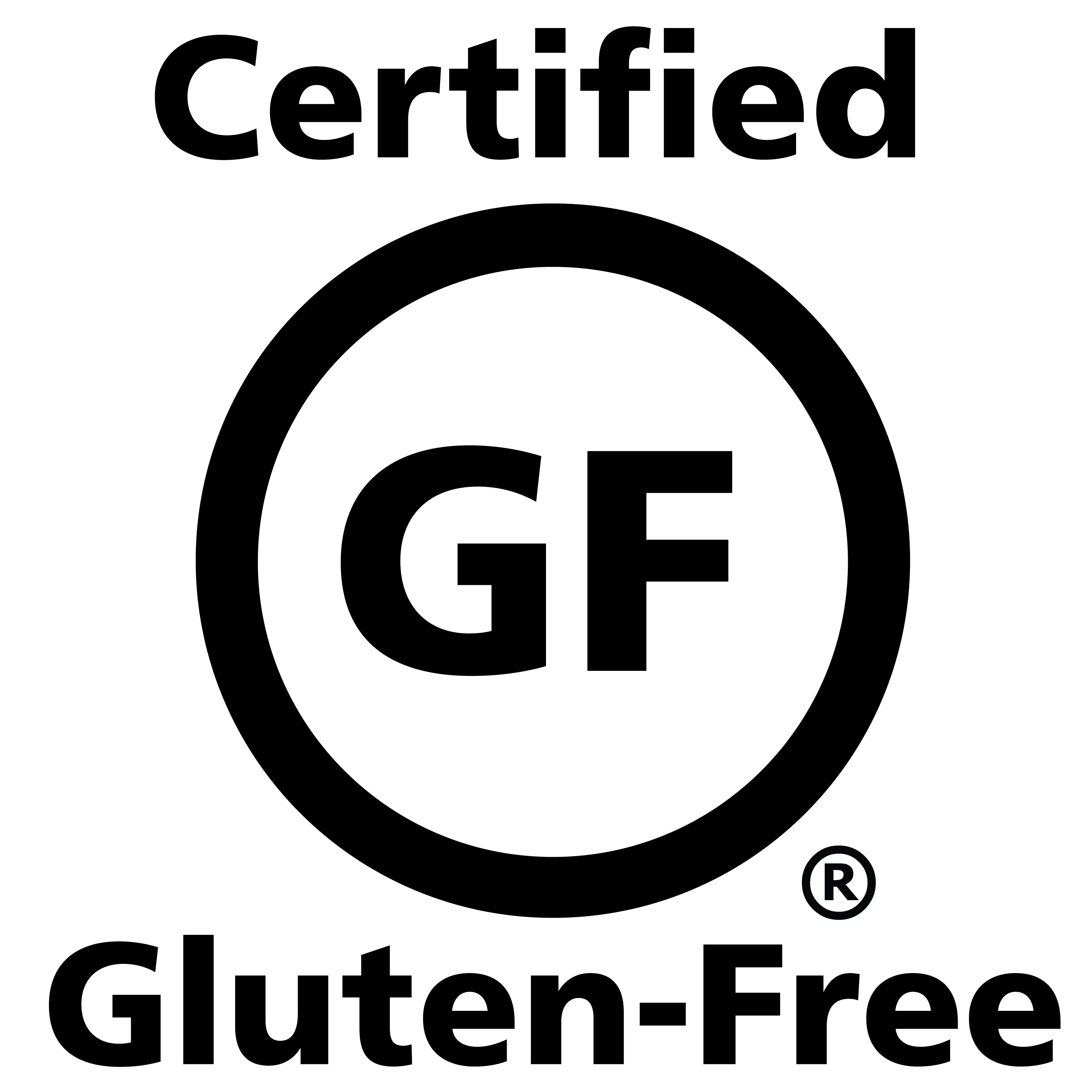NUTRITION BUSTERS
GLUTEN-FREE
- A gluten-free diet refers to a lifestyle in which people do not consume gluten. Gluten is a protein structure found in wheat, barley and rye grains.
- There is no necessity to follow a gluten-free lifestyle unless one has Celiac Disease, an autoimmune condition in which the body does not tolerate gluten.
- There are some individuals that may require small intestinal biopsies to test for Celiac Disease or gluten intolerance.
INTERMITTENT FASTING
- Intermittent fasts are cycles in which one would not eat within a specific window of time.
- There are different types of intermittent fasting such as eating “normally” within an 8-hour window and fasting for a 16-hour window.
- One should not intermittent fast if pregnant, taking numerous or specific medications, history of eating disorder(s), and athletes seeking performance gains. Please seek medical supervision if interested in starting an intermittent fasting protocol.
SUPPLEMENTS
- Using dietary supplements is the idea of consuming nutrients that one is not getting through adequate amounts in the diet.
- Supplements are not necessary for everyone; if you eat a balanced diet, taking an additional supplement may do very little for your overall health and wellness.
- Dietary supplements are not well regulated by the FDA.
- Supplements worth exploring: Probiotics, Vitamin D3, Omega-3 Fatty Acids, Vitamin B12, Co-Enzyme Q10, Zinc, Magnesium
LOW CARB (PALEO, KETO, ETC.)
- A low carbohydrate diet means that one is consuming limited carbohydrates in the diet while majority for energy intake is derived from fat and protein.
- In today’s culture, many assume cutting carbohydrates will result in weight loss.
- Cutting any one nutrient from the diet is often a red flag for disordered eating patterns to develop.
- Numerous healthy cultures and communities of people around the world rely on carbohydrates for fuel while being at lower risk for chronic westernized disease
OVEREATING VS. BINGE-EATING
- Binge-Eating Disorder is the most common eating disorder in America (1 out of 35 Americans).
- Binge eating can be commonly classified by eating in isolation while also eating a large quantity of food in a very condensed period of time (e.g., 1-3 hours).
- A binge episode is accompanied by a feeling of a loss of control while feeling high levels of shame and guilt afterwards.
- Overeating is not the same as binge-eating.
VEGANISM/VEGETARIAN LIFESTYLE
- A vegan or 100% vegetarian lifestyle means one does not consume products that are derived from animals or animal byproducts, including honey.
- Numerous nutrients are of greater concern if one decides to follow a vegan lifestyle. These nutrients include: adequate essential amino acids (protein), omega-3 fatty acids, iron, vitamin
- B12, zinc, calcium, and vitamin D3.
THE LABELS

USDA ORGANIC– 95% of ingredients (by weight) meet the guidelines that must not use chemical fertilizer, pesticides, genetic engineering, sewage sludge, antibiotics, or irradiation in their products.
NATURAL – Food must be free of food colors, synthetic flavors, or any other synthetic substances.
EGGS
- Free-Range: requires 2 sq. ft. average per bird, outdoor access, hens must be outdoors, weather permitting (seasonally) and when they are outdoors, they must be outdoors for 6 hours per day. 100 % corn diet.
- Pasture Raised: requires 108 sq. ft. minimum per bird the fields must be rotated, hens must be outdoors year round with housing available where they can go in at night, or up to two weeks a year only in the case of inclement weather. 30-50% of diet comes from natural foraging.
- Cage-Free: required 1 sq. ft. average per bird, birds are not stuck in cages but no outdoor access is required, 100% corn based diet.

ANIMAL WELFARE APPROVED - (AWA) label means that animals raised for meat, dairy or eggs were raised humanely on a family farm from birth to slaughter, on well-managed pasture or range. Standards also address other areas of sustainability, such as prohibiting the use of antibiotics (except to treat sick animals), drugs for growth promotion and animal by-products in feed, but standards do not prohibit use of chemical pesticides or GMO feeds.

GLUTEN-FREE- The U.S. Food and Drug Administration (FDA) has defined the term “gluten-free” for voluntary use in the labeling of foods. The final rule defines "gluten-free" as meaning that the food either is inherently gluten free, or it must contain less than 20 ppm gluten.
SUGAR-FREE – product contains less than 0.5 g of sugar per serving.
CHOLESTEROL FREE – Less than 2 mg of cholesterol and 2 grams or less of saturated fat per serving.
CALORIE FREE – Fewer than 5 kcals per serving.
FAT FREE – less than 0.5g of fat per serving.
GOOD SOURCE – means that the food contains 10 – 19% of the daily value for a particular nutrient. Example: Good Source of Fiber means 2.5 – 4.9 grams per serving.
